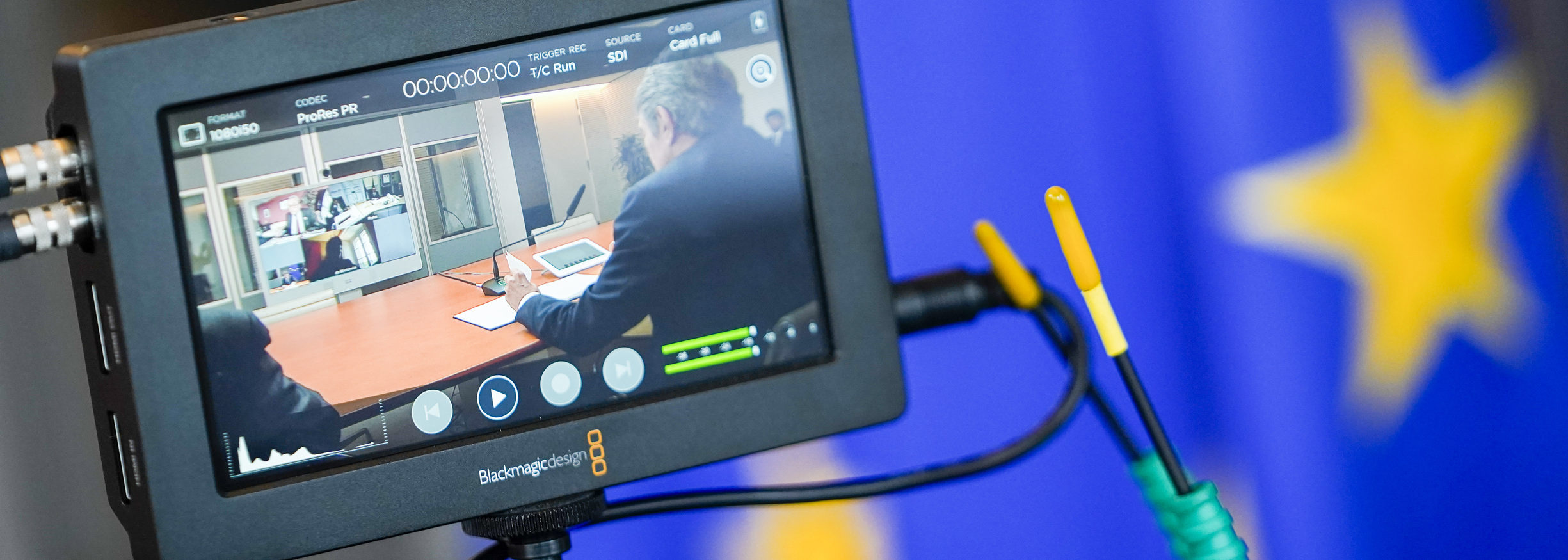Future of EU mediation report to be launched by the German Council Presidency on 11 September
09/09/2020
The German Council Presidency is set to launch the European Institute of Peace study “Time to step up EU mediation?” in a high-level online event on 11 September.
The virtual conference “Mediation as a key CFSP Instrument“ hosted by the German Federal Foreign Office marks ten years since the adoption of the “Concept on Strengthening EU Mediation and Dialogue Capacities” that has served as a policy basis for EU engagement in the area of mediation and dialogue.
A range of eminent speakers feature among the participants: Helga Schmid, the Secretary General of the European External Action; Ambassador Thomas Ossowski, Special Representative for the Negotiations on the Multiannual Financial Framework and Director for EU Policies at the German Federal Foreign Office; Sibylle Katharina Sorg, Director General for Crisis Prevention, Stabilisation, Peacebuilding and Humanitarian Assistance, German Federal Foreign Office; Fabian Loewenberg, Deputy Head of Mission of EUCAP Somalia; Peter Semneby, former EU Special Representative for the South Caucasus; Edita Tahiri, former Deputy Prime Minister of the Republic of Kosovo and Kosovo’s Chief Negotiator at the Belgrade-Pristina Dialogue; Andrew Gilmour, Executive Director, Berghof Foundation; Sonja Biserko, Founder and President of the Helsinki Committee for Human Rights in Serbia; Anne Holper, Co-Director, Center for Peace Mediation (CPM), Europa-Universität Viadrina Frankfurt (Oder); Michael Keating, European Institute of Peace Executive Director; and Guy Banim, the mediation study Lead Researcher.
The “Time to step up EU mediation?” study, which will be presented during the “Mediation as a key CFSP Instrument” panel, gauges opinion on the EU’s external role in promoting peace and stability and seeks to inform discussions in Council on the process of reviewing the 2009 framework. The study is based on 50 interviews with EU Member State representatives, the European External Actions Service (EEAS), the European Parliament, the Council of the European Union and other peacebuilding organisations and think tanks.
The formal review of the Concept has been led by the EEAS and has been supported by the Council Presidencies of Finland, Croatia and Germany.

